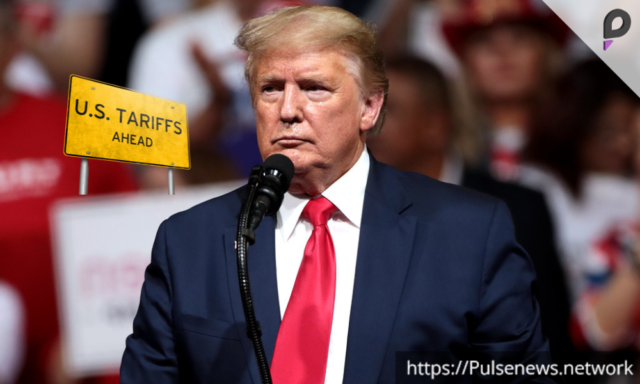US President Donald Trump has announced that he is contemplating a 10% tariff on imports of Chinese-made goods, set to take effect as early as February 1. This proposal comes amidst escalating tensions between the US and China over trade practices and other geopolitical issues.
Rationale Behind the Tariff
In his statements, Trump emphasized that discussions regarding the tariff stem from China’s alleged role in sending fentanyl to Mexico and Canada. He referred to China as an “abuser,” suggesting that its trade practices have negatively impacted the US economy. The proposed 10% tariff is significantly lower than the 60% tariff Trump previously mentioned during his campaign, signaling a potentially more measured approach to trade relations.
Broader Trade Strategy
Trump’s tariff proposal on China follows similar threats directed at other countries, including Mexico and Canada, where he has proposed import taxes of up to 25%. He has accused these nations of facilitating the entry of undocumented migrants and drugs into the US. Additionally, during a recent press conference in Washington, Trump indicated his intent to impose tariffs on the European Union, stating that they “treat us very, very badly.”
China’s Response
China has responded to Trump’s threats, with foreign ministry spokeswoman Mao Ning asserting that the country will “safeguard its national interests.” She reiterated that trade wars and tariff wars ultimately yield no winners, highlighting the potential negative repercussions of such actions on both economies.
Global Reactions
The announcement has drawn attention not only in the US but also internationally. At the World Economic Forum in Davos, China’s Vice Premier, Ding Xuexiang, advocated for a “win-win” approach to trade disputes, implicitly criticizing protectionist measures without directly addressing the US. Meanwhile, Canadian Prime Minister Justin Trudeau has vowed to retaliate against any tariffs imposed by the US, stating that Canada is prepared to respond with counter-tariffs worth billions.
Economic Implications
Tariffs play a crucial role in Trump’s economic strategy, as he believes they can stimulate growth, protect American jobs, and increase tax revenue. However, many economists warn that such measures could lead to higher prices for American consumers and negatively impact companies facing retaliatory actions from other nations.
Conclusion
As the proposed 10% tariff on Chinese imports looms, the situation remains fluid, with potential implications for international trade relations and the global economy. The coming weeks will be critical in determining how these tariffs may reshape the trade landscape, as both domestic and international stakeholders respond to Trump’s announcements.











